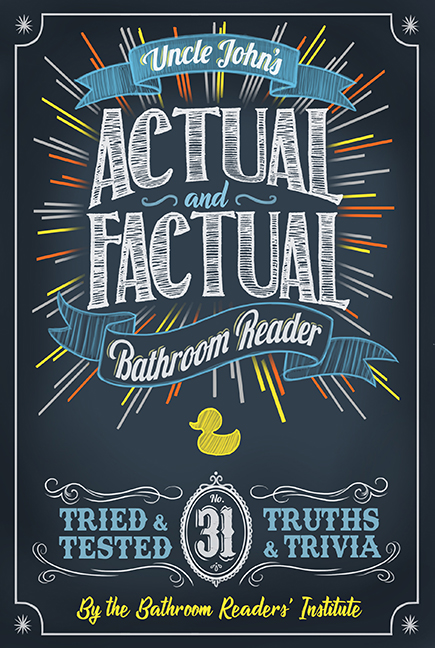Now that your completed taxes (and a check) are on their way to the government (unless you got an extension…or forgot), here’s a look at some of the strange ways Washington will invest your money.

Christmas tree marketing
Because they’re a seasonally harvested item, Christmas trees qualify as “specialty products” under Dept. of Agriculture guidelines, which means tree farmers can receive grants for “marketing assistance.” That means the government paid out $50,000 to the Georgia Christmas Tree Association in 2015, which it used to advertise Christmas trees…in case nobody had ever heard of them.
Shark fears
The National Science Foundation used a $3 million check in 2016 to find a study on the general public’s fear of sharks, and music’s role in that fear. Researchers determined that spooky music in shark documentaries (or, say, the Jaws theme song) led to an increased fear of the oceanic predators.
Best bus stop ever
Arlington County, Virginia (near Washington, D.C.) received $1 million in federal funds in 2013 to build what’s apparently the world’s nicest bus bench. This “SuperStop” offered heated benches, free Wi-Fi, and, oddly, a roof that consisted only of a steel frame and no protection from the elements.
Looking for more trivia? Uncle John's Factual and Actual Bathroom Reader contains 512 pages of all-new articles that will appeal to readers everywhere. Pop culture, history, dumb crooks, and other actual and factual tidbits are packed onto every page of this book.
Yoga for some
In 2015, the federal government earmarked $150,000 for federal employees to take yoga classes. While the practice reduces stress and boasts other health benefits, it only covered those who work for the State Department, Department of Energy, and the Environmental Protection Agency.
Wrong color uniforms
As part of the ongoing American presence in Afghanistan, in 2017, the Dept. of Defense spent $28 million to design uniforms for the Afghan National Army. They went with a lovely green camouflage pattern…which made those uniforms wildly stick out a country that’s almost entirely desert.
No smoking blogs
In 2015, the National Institutes of Health was tasked with getting young adults to quit smoking or never pick up the habit. A noble cause, for sure, but the way the NIH spent its $5 million grant earned some criticism. They attracted urban tastemakers in their twenties — hipsters, in other words — with things like indie band concerts where smoking wasn’t allowed, and paying people $100 each to quit smoking and then blog about it.








